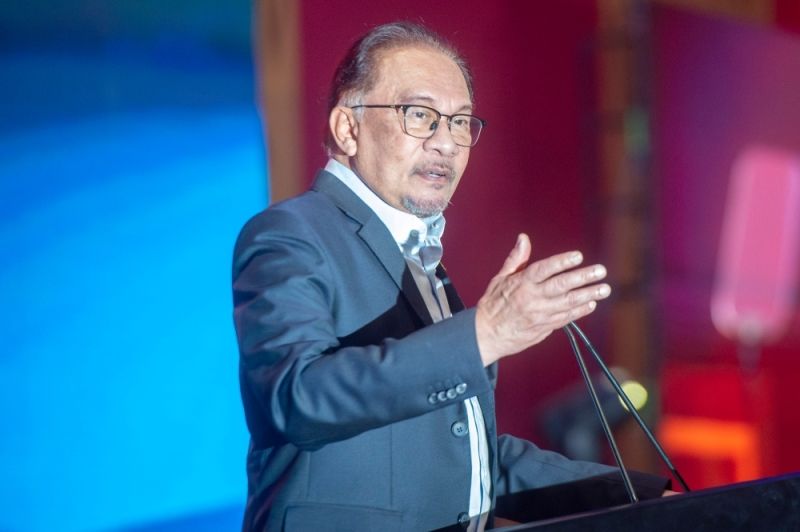Prime Minister Anwar Emphasizes Priority on Enhancing Governance Over Taxation in Malaysia.

Prime Minister Datuk Seri Anwar Ibrahim has emphasized that Malaysia's primary focus should be on improving governance, with taxation considered a secondary concern in the context of public and economic policy initiatives. Anwar believes that enhancing governance is crucial to addressing issues such as reducing wastage, preventing the misappropriation of public funds, and combating corruption.
He mentioned that while discussions about Value-Added Tax (VAT) and Goods and Services Tax (GST) are relevant, the country has inherited a major problem of governance, endemic corruption, and fiscal deficits. Anwar stressed that the nation must prioritize improving governance and political stability before assessing the necessity of taxation to support the economy.
Anwar also highlighted that Malaysia has a history of exceptional government contributions to the welfare of the people, particularly in rural development. However, he acknowledged that leakages and inefficiencies in government programs need to be addressed. Policies aimed at reducing wastage, such as targeted subsidies that avoid benefiting the wealthy, have been proposed.
Anwar emphasized that clarity in policies, such as the New Industrial Master Plan (NIMP) 2030, National Energy Transition Roadmap (NETR), and the Mid-Term Review (MTR) of the 12th Malaysia Plan (12MP), along with political stability, are essential to enable the government to implement significant reforms and economic changes.
Additionally, Anwar mentioned the taxation of sugary products like sweet drinks and clarified that the revenue generated from such taxes would be allocated exclusively for medical purposes, including the treatment of diabetes and diseases related to excessive sugar consumption.
